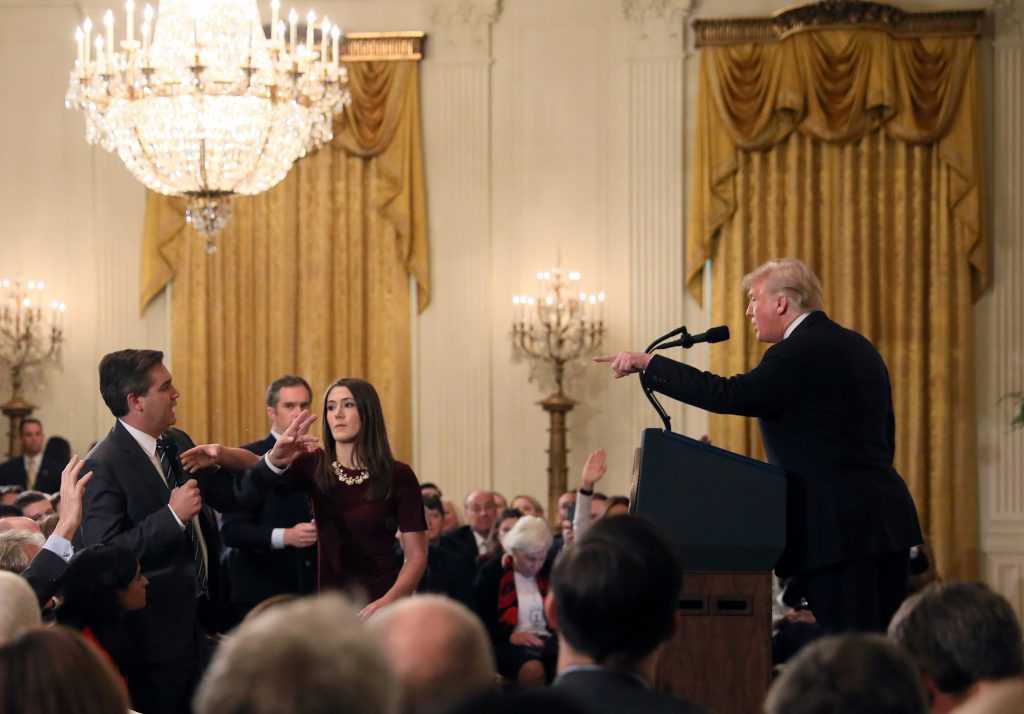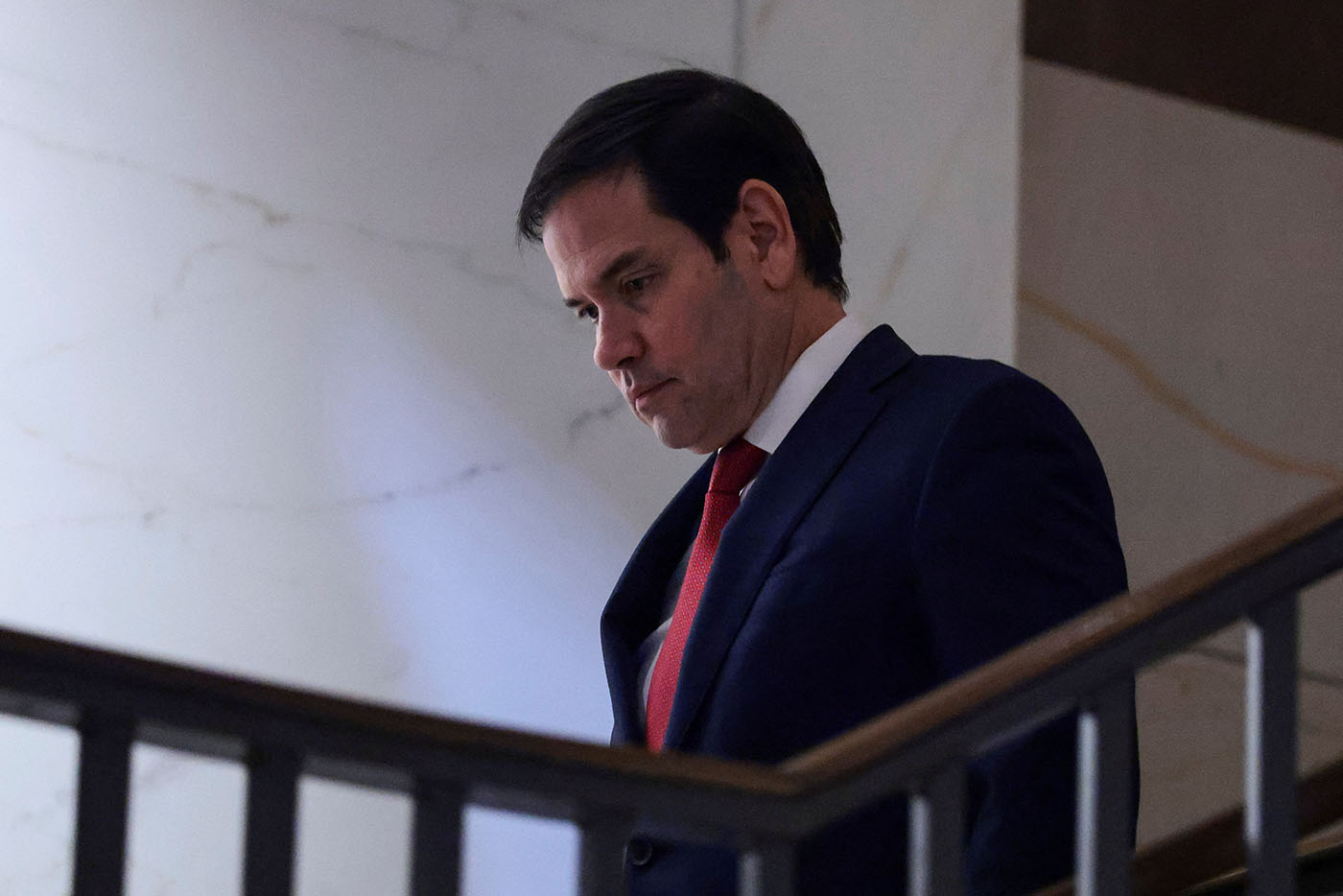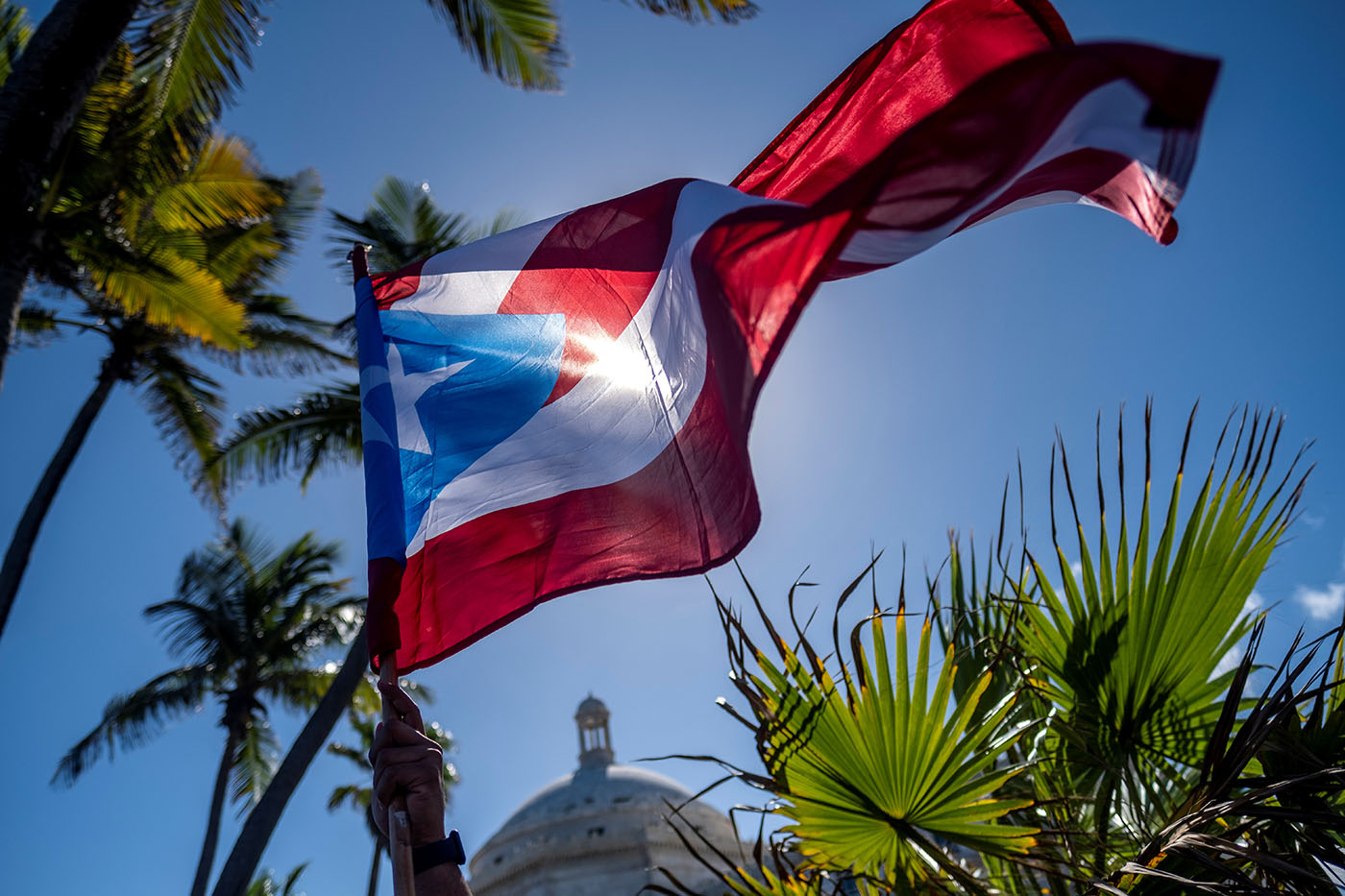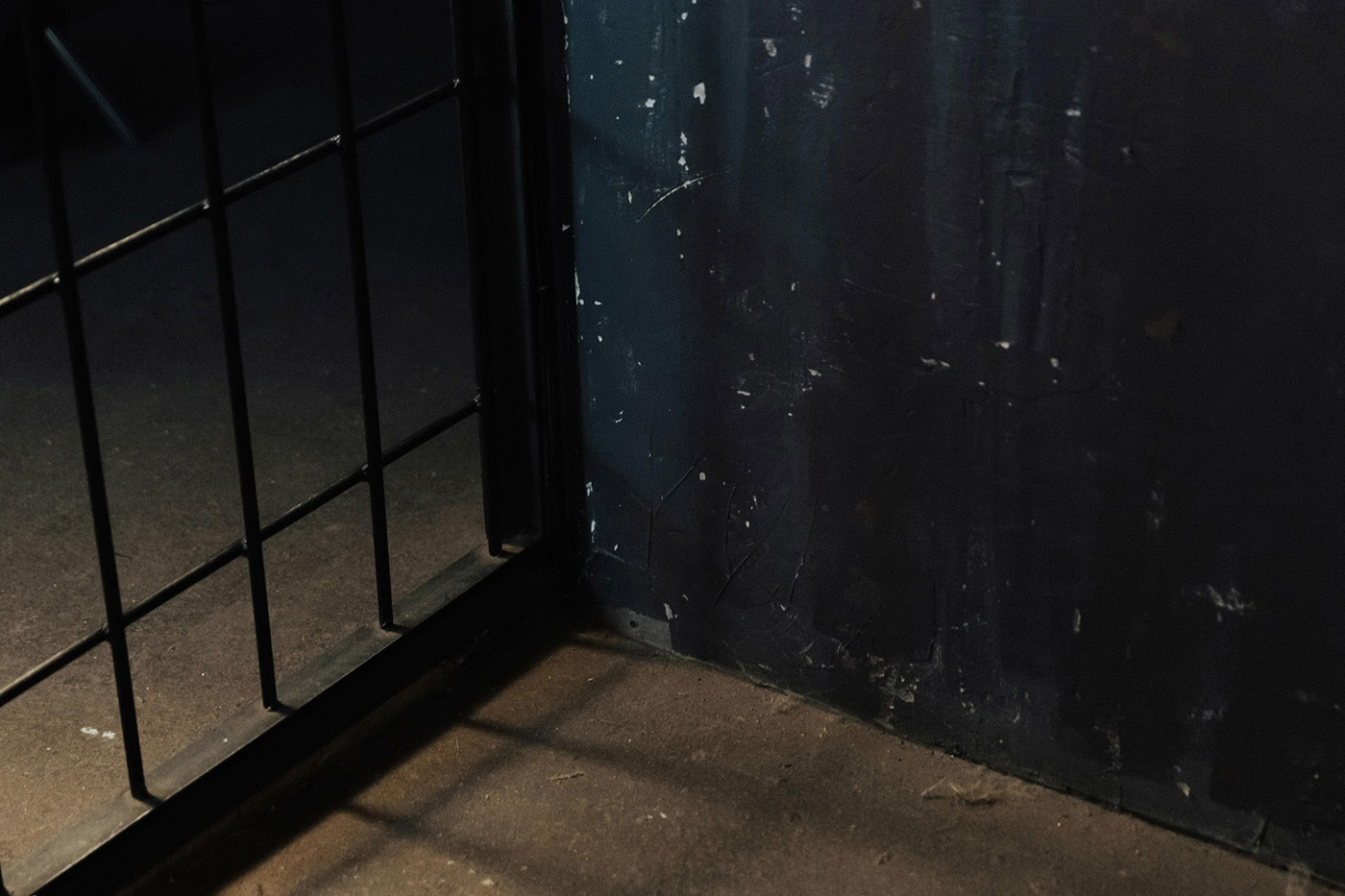The White House has restored Jim Acosta’s press credentials and announced a new set of rules that will go into effect at White House press conferences. The reversal is following a nearly two-week long battle over the CNN correspondent’s access to the White House. On November 7, Acosta was denied entry to the White House and told that his “hard pass,” an authorization that gives him access to the grounds, had been suspended. Press Secretary Sarah Sanders stated the initial reasoning behind the revocation in a tweet, releasing video footage from the conference that showed Acosta made incidental contact with a press aide when she tried to take away his microphone. The President later revised the reasoning, saying that it was because Acosta failed to “treat the White House with respect.” CNN filed a lawsuit against the Trump administration on First and Fifth Amendment grounds, arguing that the revocation violated Acosta’s First Amendment right to free press and Fifth Amendment rights to due process. CNN’s legal efforts received support from press freedom groups and dozens of news outlets. Despite the widespread support for CNN and speculation that the White House had little legal recourse to win, the Trump administration shot back at CNN’s First Amendment claim in a memo on November 14, saying that the President and his staff have the discretion over which reporters can conduct interviews and which reporters can ask questions at a news conference.
The judge granted a temporary restraining order to restore Acosta’s press pass citing the lack of Fifth Amendment due process in the course of the suspension. The White House fought back in a letter on November 16 signed by Sarah Sanders and Bill Shine, saying it will revoke Acosta’s press pass when the restraining order expires in two weeks. The letter was perhaps a turning point in the case. In responding to the due process ruling, it admitted that there is no “formal rules for journalists’ behavior at press conferences” and instead cited “widely-shared understandings” and “basic, widely-understood practices.” This admission confirmed for CNN’s lawyers the complete lack of due process in the removal of Acosta’s credentials, since due process requires clearly articulated rules, notice of possible violation, and a hearing. CNN requested an emergency hearing, which resulted in the White House immediately backing down on the threat, and issuing new rules to govern the press room. CNN dropped the suit.
The struggle over CNN White House Correspondent Jim Acosta’s press access is one of the most glaring manifestations of the clash between reporters and the White House. But reporters being barred from news conferences because the Trump administration objected to their coverage has happened since Trump was on the campaign trail. While a candidate, Trump as a private person may have had the right to refuse news organizations access to his rallies because the First Amendment is a limitation only on government action. But with the Acosta situation, it was the White House taking away his credentials, thus providing the kind of government action that brings in First Amendment limitations.
Read more on Reporters Persona Non Grata at White House.
News & Updates
November 19, 2018: White House Restores Hard Pass After CNN Requests Emergency Hearing
The White House has restored Acosta’s press pass following an an emergency hearing requested by CNN. CNN requested the hearing because the White House issued a warning to Acosta in a letter signed by press secretary Sarah Sanders and deputy chief of staff for communications Bill Shine, saying that his press pass could be revoked again once the temporary restraining order issued by the judge expires in 14 days. CNN’s lawyers said the threat was an “attempt to provide retroactive due process.”
The White House also issued a new set of rules for press conferences, instituting a one question per reporter policy.
November 16, 2018: Judge Sides with CNN, Acosta, in Narrow Ruling
A federal judge sided with CNN, ordering the White House to reinstate Jim Acosta’s press pass. The ruling was an initial victory for CNN, as the judge has yet to rule on the underlying arguments in the case.
CNN Hearing TranscriptStatement from CNN and @Acosta on today’s ruling: “We are gratified with this result and we look forward to a full resolution in the coming days. Our sincere thanks to all who have supported not just CNN, but a free, strong and independent American press.”
— CNN Communications (@CNNPR) November 16, 2018
November 14, 2018: White House Filed Memo In Defense Of Decision
In a 28-page memo filed before the hearing, the Trump administration shot back at CNN’s First Amendment claim, saying that the President and his staff have the discretion over which reporters can conduct interviews and which reporters can ask questions at a news conference.
The memo says:
White House Memo“That broad discretion necessarily includes discretion over which journalists receive on-demand access to the White House grounds and special access during White House travel for the purpose of asking questions of the President or his staff. No journalist has a First Amendment right to enter the White House and the President need not survive First Amendment scrutiny whenever he exercises his discretion to deny an individual journalist one of the many hundreds of passes granting on-demand access to the White House complex.”
November 14, 2018: Fox News and Other Outlets Will File Briefs in Support of CNN
“FOX News supports CNN in its legal effort to regain its White House reporter’s press credential. We intend to file an amicus brief with the U.S. District Court. Secret Service passes for working White House journalists should never be weaponized,” Fox News President Jay Wallace said.
Ballard Spahr is representing a number of other outlets who released a joint statement announcing their plan to sign an amicus brief supporting CNN’s lawsuit.
The HillNovember 13, 2018: CNN Files Lawsuit Against Trump, White House Comms Staff, Secret Service
CNN and Jim Acosta have filed a lawsuit against the Trump Administration in DC District Court for violating his First Amendment rights, seeking a preliminary injunction to and permanent relief to restore Acosta’s White House credentials and prevent them from revoking his pass in the future.
“The sole justification for Defendants’ conduct is their dislike for [Acosta’s] coverage of the administration and critique of the President. But that is insufficient to justify such a substantial restriction on Plaintiffs’ First Amendment rights,” the lawsuit claims.
This morning, CNN filed a lawsuit against @realDonaldTrump and top aides. The White House has violated CNN and @Acosta's First Amendment rights of freedom of the press and Fifth Amendment rights to due process. Complaint: https://t.co/43oX6L8xA7 pic.twitter.com/RvJ0Cgh6oi
— CNN Communications (@CNNPR) November 13, 2018
CNN ComplaintStatement from @BoutrousTed, attorney for CNN & @Acosta: pic.twitter.com/tFMgM1AIEZ
— CNN Communications (@CNNPR) November 13, 2018
November 11, 2018: Floyd Abrams Says CNN Should Sue
Speaking on Brian Stelter’s “Reliable Sources” show on CNN, First Amendment lawyer Floyd Abrams says that CNN should sue the White House for revoking Jim Acosta’s press credentials and that the network has a strong lawsuit.
November 8, 2018: CNN‘s Jim Acosta Stripped of “Hard Pass”
CNN’s Chief White House Correspondent Jim Acosta often gets into tense exchanges with President Trump and his Press Secretary Sarah Huckabee Sanders. But following a post-midterm election open press conference in which President Trump shut down Acosta’s line of questioning and a White House staffer tried take away his microphone, Acosta was denied entrance to the White House and was forced to give his hard pass over to Secret Service.
I’ve just been denied entrance to the WH. Secret Service just informed me I cannot enter the WH grounds for my 8pm hit
— Jim Acosta (@Acosta) November 8, 2018
In a statement on Twitter, Sarah Huckabee Sanders wrote:
“President Trump believes in a free press and expects and welcomes tough questions of him and his Administration. We will, however, never tolerate a reporter placing his hands on a young woman just trying to do her job as a White House intern…This conduct is absolutely unacceptable. It is also completely disrespectful to the reporter’s colleagues not to allow them an opportunity to ask a question. President Trump has given the press more access than any President in history. Contrary to CNN’s assertions there is no greater demonstration of the President’s support for a free press than the event he held today. Only they would attack the President for not supporting a free press in the midst of him taking 68 questions from 35 different reporters…over the course of 1.5 hours including several from the reporter in question. The fact that CNN is proud of the way their employee behaved is not only disgusting, it‘s an example of their outrageous disregard for everyone, including young women, who work in this Administration. As a result of today’s incident, the White House is suspending the hard pass of the reporter involved until further notice.”
WHCA statement on White House decision on credentials. pic.twitter.com/bukK7CGu2G
— WHCA (@whca) November 8, 2018
Join us to stand up for #journalism and #pressfreedom. https://t.co/LHhwSRWSTA pic.twitter.com/nRTHQEXhRX
— RTDNA (@RTDNA) November 7, 2018
Journalists have a First Amendment right to ask questions and seek answers on behalf of the American people. RCFP joins @whca and denouncing the revocation of @acosta's access credentials. https://t.co/yA25loTmOe pic.twitter.com/Sf5ewVS74Y
— Reporters Committee for Freedom of the Press (@rcfp) November 8, 2018
Sarah Huckabee Sanders shared a video of the exchange on Twitter to support her claim, but many news organizations are calling out the video for being doctored to appear more violent, the same video that was shared by Paul Joseph Watson, the editor-at-large of Infowars.com.
The New York Times‘ Peter Baker says that in his more than two decades of covering the White House, he cannot recall a time when a reporter’s credentials were revoked because the White House disapproved of coverage. He suggested that Trump called on Acosta at the conference because he welcomed the confrontation.
CNN Business Insider The Washington Post
Analysis & Opinion
December 4, 2018: Dangers Still Linger Even After CNN v. Trump Dissolved
Although the case brought by CNN against the Trump administration is closed, Neal Katyal, former acting solicitor general under President Obama and Bruce Brown, executive director of the Reporters Committee for Freedom of the Press, suggest that the decision jumpstarted a long overdue conversation about the way President Trump threatened constitutional values.
“We should not be fooled by the fact that Acosta has his hard pass back. The real battles are yet to come,” they write in Politico Magazine.
The details of the case and its outcome, the fact that the Trump administration can revoke a hard pass to intimidate a reporter from asking tough questions, arguing that an outlet can replace a reporter with another to imply that the White House can pick reporters, and not allowing reporters to ask follow up questions at will, are all reasons for concern, they write.
Politico MagazineNovember 14, 2018: Does CNN Have a Case?
KOA Radio discusses the CNN lawsuit with Professor Alan Chen of Sturm College of Law, University of Denver.
Listen to “11-14 Alan Chen CMN” on Spreaker.
November 13, 2018: CNN Likely to Succeed in Claim Against White House, Experts Say
CNN‘s case depends on whether the judge believes that the White House didn’t revoke Acosta’s press pass because it objected to his coverage, but rather for other reasons such as security concerns, reports Jason Schwartz of Politico. First Amendment experts told him that they believe CNN has a strong case against the White House, in part because of the shifting explanation given by the administration behind their motivation.
PoliticoNovember 11, 2018: The White House Press faces a Catch-22
The Times‘ Jim Rutenberg surveyed political strategists to hear how they would handle the Acosta-press-pass dilemma: should the press starve President Trump of the attention and fight he may want, or boycott press briefings to defend Acosta and the free press?
The New York TimesNovember 9, 2018: Sherrill v. Knight: The Legal Precedent
President Trump likely was not aware of the precedent set in 1977 by the D.C. Circuit Court of Appeals in Sherrill v. Knight, in which the court sided with a reporter who was denied White House press credentials, writes Scott Nover in The Atlantic. The decision in that case ensured reporters’ First Amendment rights are not violated and required the reporter to receive formal written notice of the decision.
The AtlanticNovember 8, 2018: Boston Globe Editorial Board: President Trump Dodging Accountability in Staging Acosta Debacle
With the stakes rising, the Boston Globe editorial board urges journalists to act in solidarity and stage a walkout. “The more journalists fail to take seriously attacks on other fellow journalists, or to dismiss those attacks simplistically as distractions, the more power the president has to weaken the constitutional charge of a free press: to hold those in power accountable.”
Boston GlobeNovember 8, 2018: How will the White House press corps respond?
Politico’s Jason Schwartz speaks with reporters about they plan to respond. Some are in favor of taking action through a walkout, protest or a lawsuit, while others believe that dramatic moves will give President Trump ammunition to escalate his ongoing feud with the press.
“White House correspondents and media outlets widely view the Trump administration’s decision to pull CNN reporter Jim Acosta’s press pass as an assault on the free press,” he reports. “They also agree that it’s a trap.”
PoliticoNovember 8, 2018: Could Acosta’s Suspension Trigger A Walkout?
Rick Noack writes in The Washington Post points to a reporter boycott of a news conference in Germany as a result of one reporter being excluded, and wonders if US reporters will do the same.
The Washington PostNovember 8, 2018: Sullivan: No boycott, walkout, or blackout. Words are not enough. Sue.
The Washington Post‘s Margaret Sullivan makes the case for a lawsuit against the Trump White House for revoking Jim Acosta’s press credentials.
“CNN should sue the Trump White House on First Amendment grounds, and press-rights groups, along with other media organizations, should join in to create a united and powerful front,” she writes.
The Washington PostTags




